Television has changed dramatically since the 1980s, reflecting our evolving social values and cultural sensitivities. Shows that were once family favorites now contain moments that would make modern viewers cringe or protest. The comedy, family dynamics, and character portrayals that entertained millions back then often relied on stereotypes and jokes that today’s audiences would find problematic or offensive.
1. The Cosby Show
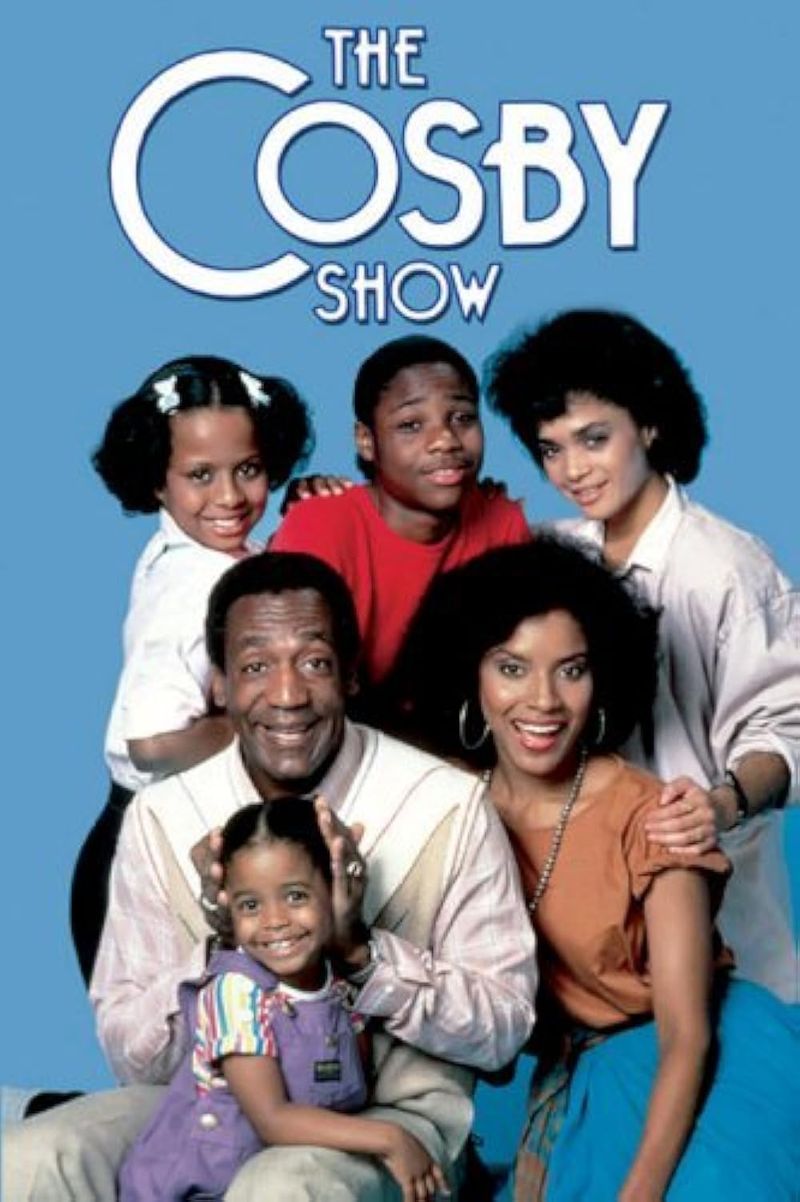
Once the crown jewel of family sitcoms, this groundbreaking series showed America its first highly successful, educated Black family in prime time. The Huxtables became role models across racial lines, teaching weekly lessons about family values.
Today, Bill Cosby’s real-life criminal actions have permanently tainted the show’s legacy. Viewers can’t separate the beloved Dr. Cliff Huxtable from the man who portrayed him.
Beyond its creator’s downfall, certain episodes featuring “father knows best” messaging and dated gender expectations would face scrutiny from modern audiences who demand more nuanced family dynamics and equal partnership portrayals.
2. Diff’rent Strokes
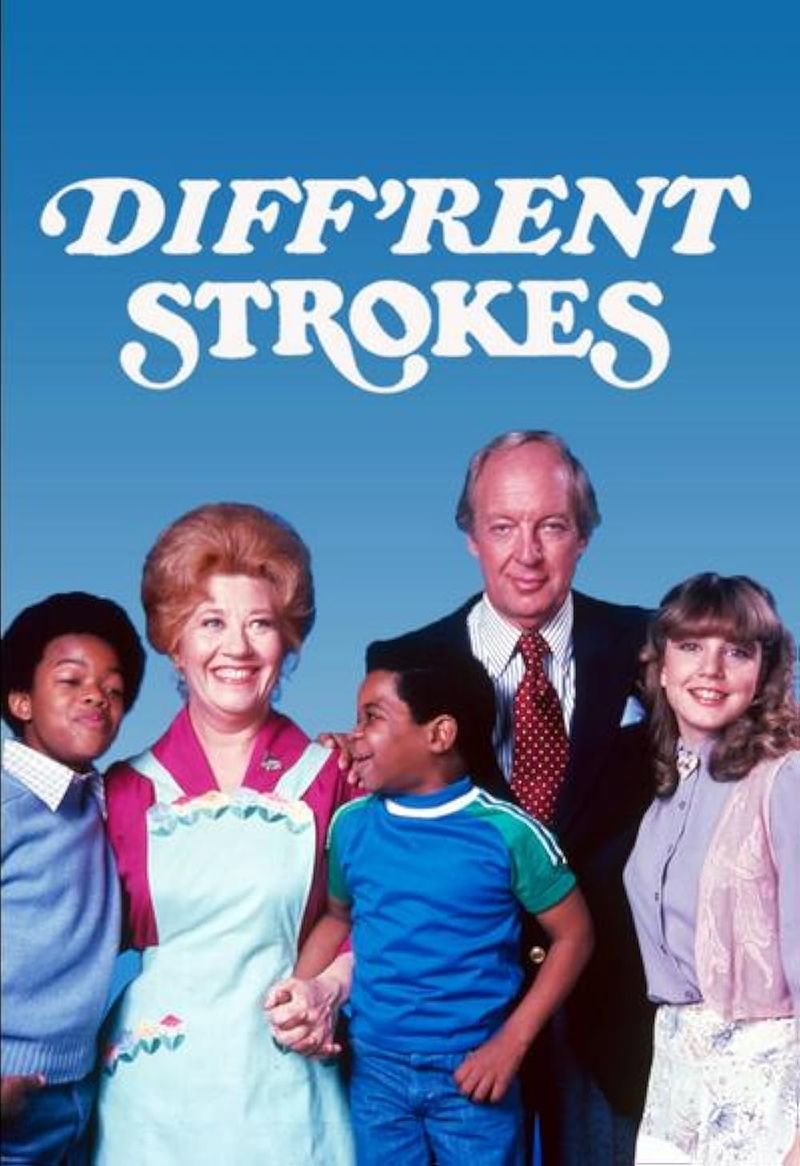
Gary Coleman’s catchphrase “What’chu talkin’ ’bout, Willis?” became a cultural phenomenon when this sitcom about two Black boys adopted by a wealthy white businessman hit airwaves. The premise itself—wealthy white savior adopts underprivileged Black children—would face immediate criticism today.
Episodes tackled serious issues like racism and child abuse, but often in simplistic ways that resolved neatly in 30 minutes. Modern viewers would question the show’s handling of racial dynamics and the sometimes stereotypical portrayal of the young Black characters.
The recurring “very special episodes” about dangers like pedophiles and drug use would be considered heavy-handed and potentially exploitative by today’s standards.
3. Full House
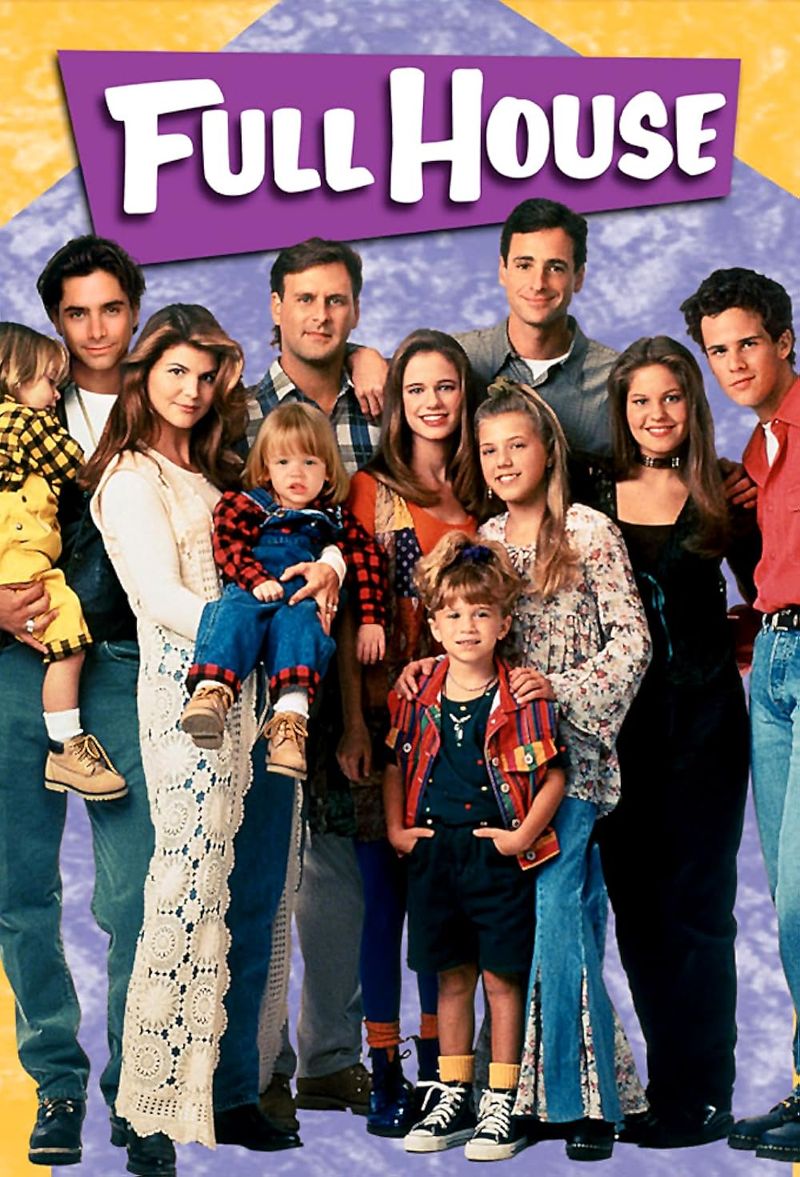
The Tanner family charmed audiences with their group hugs and heartwarming life lessons. Behind those touching moments were outdated ideas about family structure that wouldn’t fly today.
Joey and Jesse, the male role models stepping in after the mother’s death, frequently joked about their discomfort with traditionally feminine tasks. Their exaggerated struggles with changing diapers or cooking dinner reinforced stereotypes about men being incompetent at basic caregiving.
Female characters often existed primarily in relation to the men, with storylines revolving around romance and appearance. D.J.’s body image episode, where she nearly develops an eating disorder but resolves it after one family talk, would be criticized for oversimplifying serious mental health issues.
4. Married… with Children
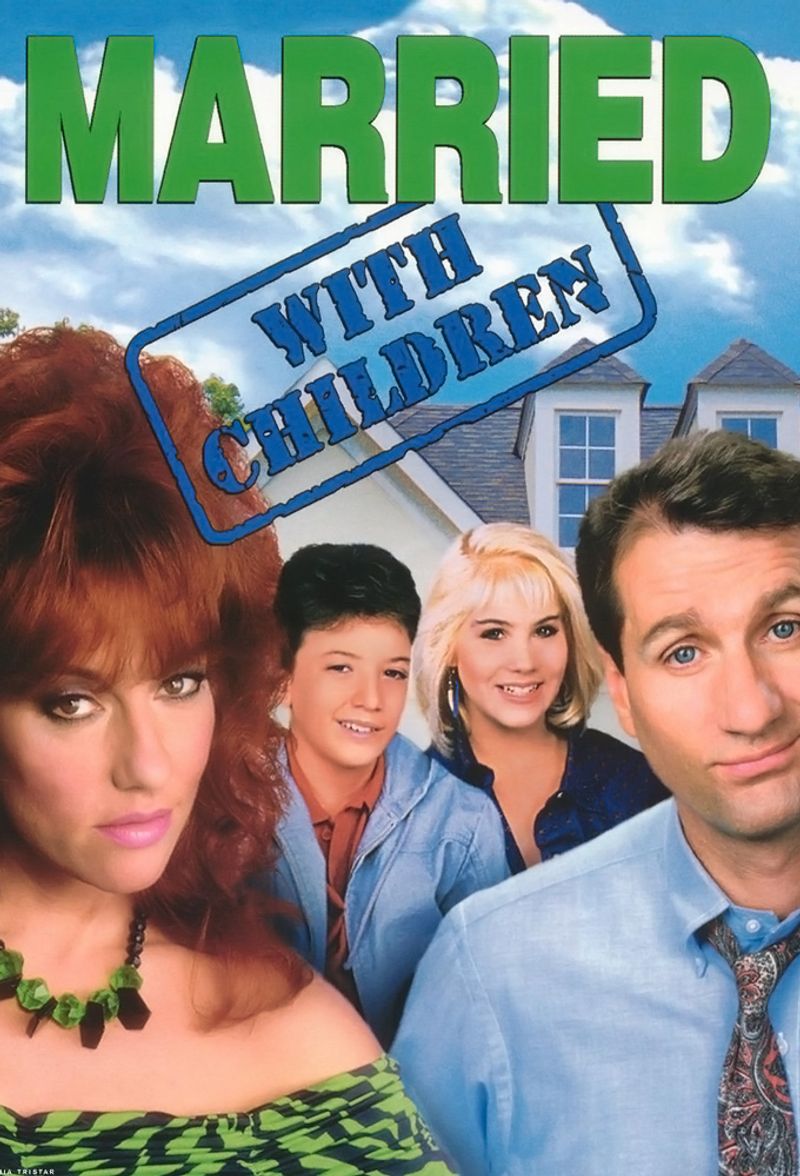
Fox’s anti-family sitcom deliberately pushed boundaries with the dysfunctional Bundys. Al Bundy’s constant insults toward his “lazy” wife Peggy and jokes about her shopping addiction were played for laughs, not seen as the emotional abuse they’d be labeled today.
Daughter Kelly was portrayed as attractive but unintelligent—her worth tied entirely to her looks. The character existed primarily for sexualized jokes that would be considered deeply misogynistic by modern standards.
The show’s running gags about women’s weight, intelligence, and sexual availability were standard comedy fare in the ’80s. Today, these punchlines would trigger immediate backlash from viewers who recognize the harmful impact of such stereotypes on real women’s experiences.
5. Growing Pains
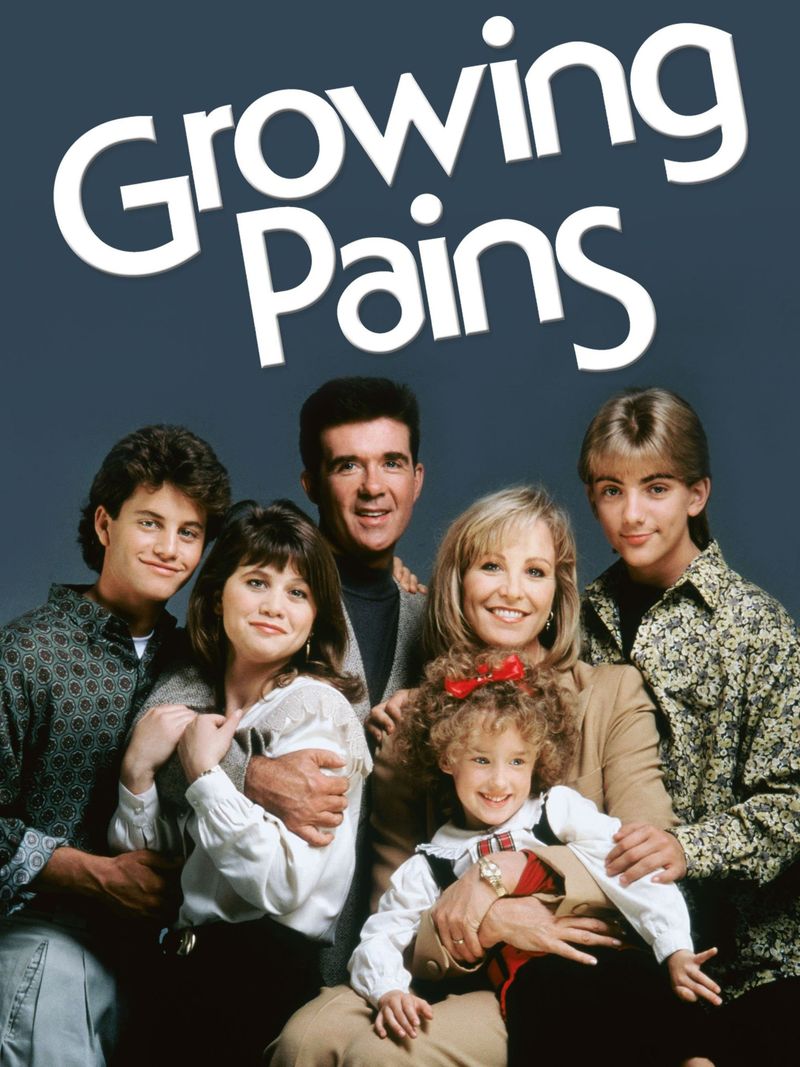
The Seaver family seemed progressive with their psychiatrist dad working from home while mom returned to journalism. Yet beneath this forward-thinking setup lurked plenty of problematic content that wouldn’t pass today’s standards.
Kirk Cameron’s character Mike constantly objectified women, rating their appearance and pursuing them based solely on looks. These behaviors were portrayed as normal teenage boy antics rather than the foundation of harmful attitudes toward women.
Fat-shaming was a regular comedic device, particularly targeting Alan Thicke’s character and his weight. The show also featured numerous homophobic jokes and stereotypes that reflected the era’s casual bigotry but would rightfully face intense criticism from today’s more aware audience.
6. Charles in Charge
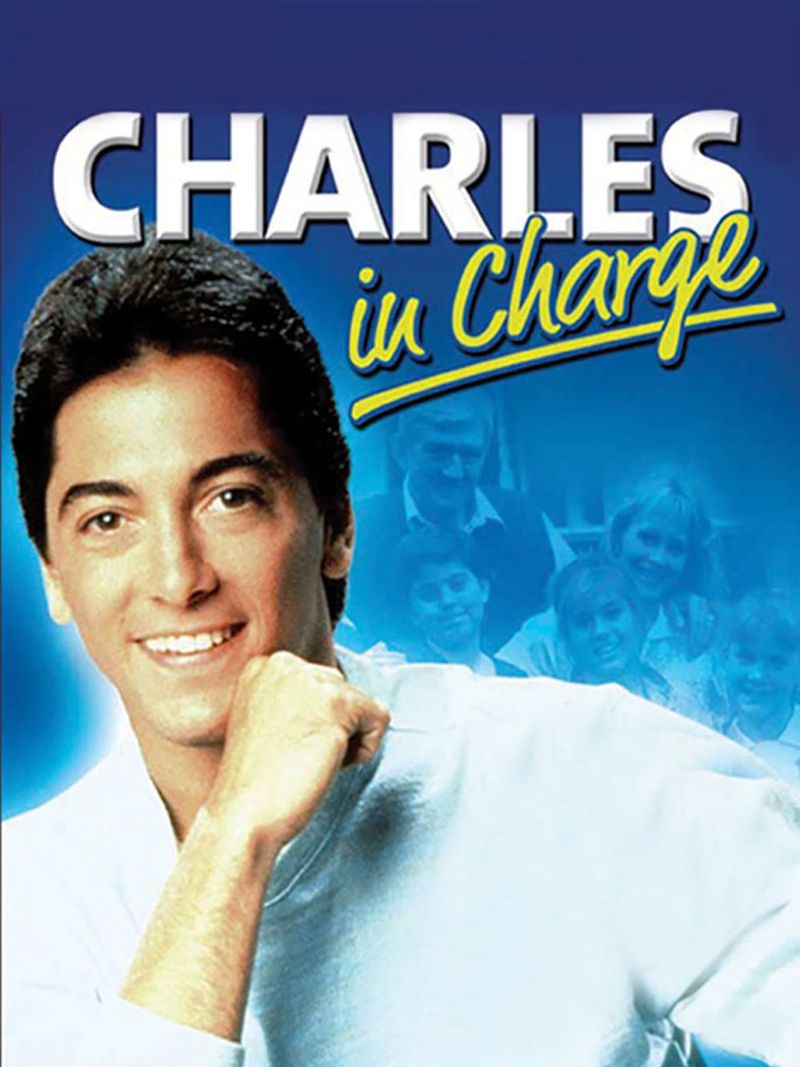
A college student becomes the live-in caretaker for three children while their parents work? Modern viewers would immediately question this premise’s plausibility and appropriateness.
Scott Baio’s character essentially functioned as a substitute parent despite having no childcare qualifications. The power dynamics between Charles and the teenage girl characters became increasingly uncomfortable as the series progressed, with flirtatious undertones that would raise serious red flags today.
The show reinforced traditional gender roles by suggesting that domestic duties like cooking, cleaning, and childcare could be handled by an untrained young man with minimal effort. This oversimplification of parenting responsibilities and household management would face criticism from today’s audiences who recognize the skill and labor involved.
7. Three’s Company
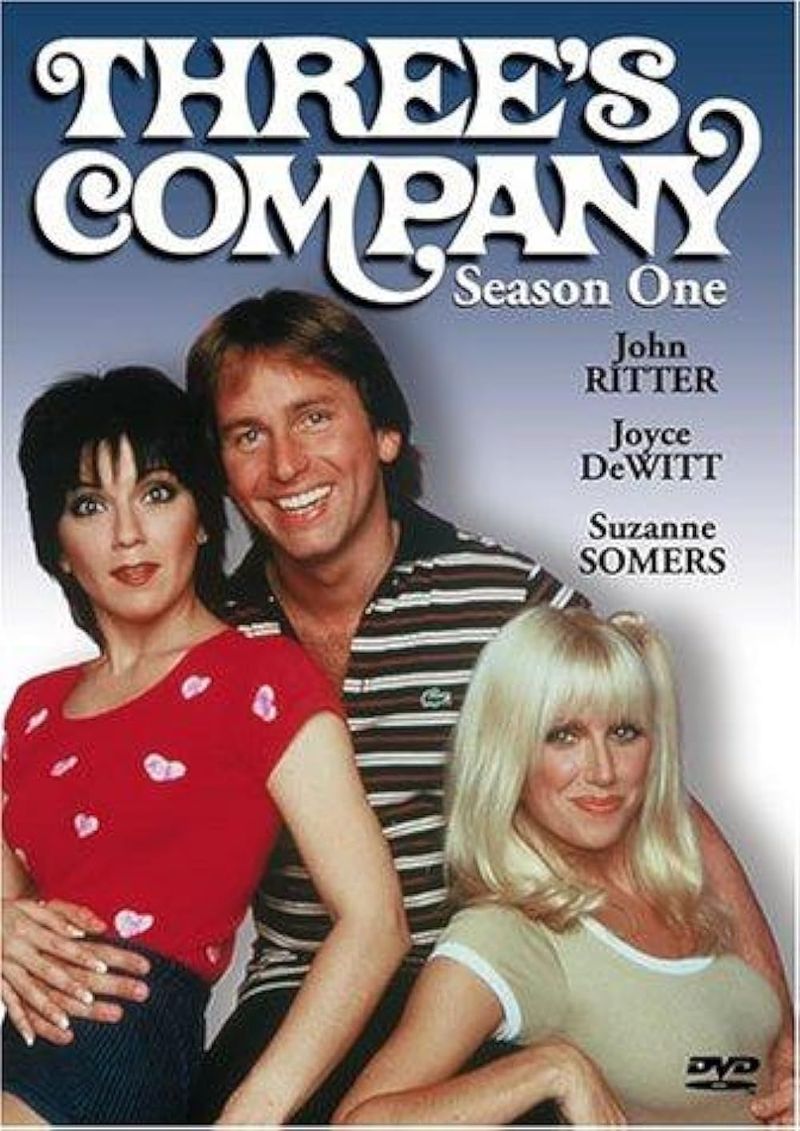
Though starting in the late 70s, this sitcom ran well into the 80s with its premise built entirely on deception—Jack Tripper pretending to be gay so he could live with two women. The entire setup relied on stereotyping gay men and treating homosexuality as both a punchline and a convenient disguise.
Mr. Roper (and later Mr. Furley) provided endless homophobic jokes with their exaggerated discomfort around Jack. Their effeminate gestures and expressions when discussing homosexuality were played strictly for laughs.
The female characters were frequently reduced to sexual objects, with camera shots lingering on their bodies. Suzanne Somers’ character Chrissy was written as attractive but dimwitted, perpetuating harmful stereotypes about blonde women being unintelligent—a trope that would face immediate backlash today.

Comments
Loading…